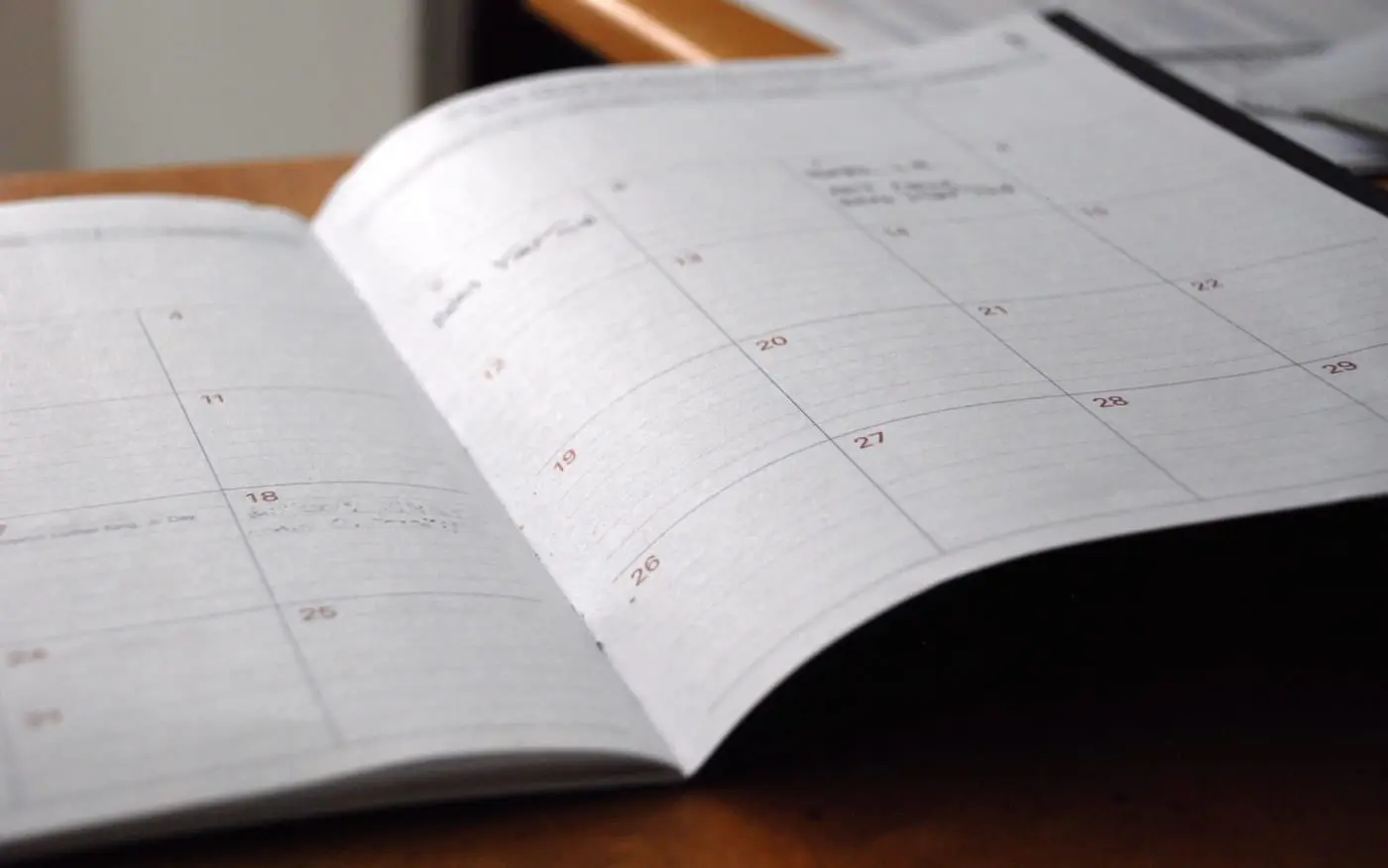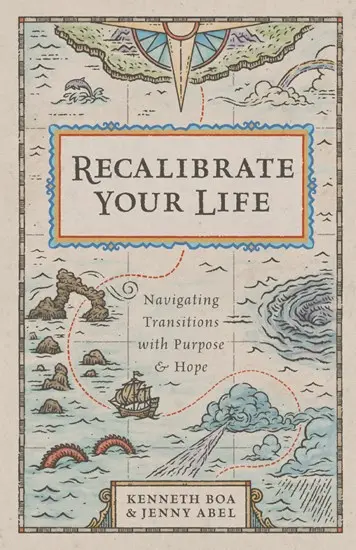As if you could kill time without injuring eternity. —Henry David Thoreau
[lead]How can you begin to control your time instead of letting time control you?[/lead]Following are three key principles to help you start to use and manage your time well. (Note: It’s helpful if you read my article “Thoughts on Time” first.)
#1 The Principle of Perspective
The eternal gives meaning to the temporal. If we want our lives to count for God, things that are eternal must play a dominant role in our lives. Paul said, “For to me, to live is Christ and to die is gain” (Philippians 1:21). His calendar really had only two days: today and that day. He lived each day in light of the day when he would be with God (Philippians 3:7–14).
Scripture tells us there are two things on this planet that are going to last forever: God’s Word (Isaiah 40:8) and people (Psalm 103:17). An eternal perspective calls us to build God’s Word into people. Then, God can “confirm for us the work of our hands” (Psalm 90:17).
Another key to our perspective is to see time as a gift from God—a gift worthy of careful investment (more on that below).
Paul’s calendar really had only two days: today and that day. He lived each day in light of the day when he would be with God. —Ken Boa
#2 The Principle of Priorities
We must decide on the non-negotiables in our lives and plan them before planning other things. If we fail to operate in this order, our most important priorities will be overwhelmed by the urgent things that come up.
Furthermore, if we are not cultivating an eternal perspective, our priorities will inevitably be distorted from those laid out above. Our Lord exhorted us to lay up treasures in heaven, not on earth, and he gave us the key to doing it: “seek first His kingdom and His righteousness” (Matthew 6:33).
[panel style=”info” text_align=”center”]Do not store up for yourselves treasures on earth, where moth and rust destroy, and where thieves break in and steal. But store up for yourselves treasures in heaven, where neither moth nor rust destroys, and where thieves do not break in or steal; for where your treasure is, there your heart will be also.(Matthew 6:19–21)[/panel]
Christ had the ability to separate the important from the urgent. He made time for prayer, for his disciples, and for the lost. He was never in a hurry to do the will of his Father, and yet he had time to accomplish everything he had come to do.
Charles Hummel, in his book Tyranny of the Urgent, said: “We have done those things which we ought not to have done, and we have left undone those things which we ought to have done.”[note]Charles E. Hummel, Tyranny of the Urgent (Downer’s Grove, IL: InterVarsity Christian Fellowship, 1994), 5.[/note] We live in constant tension of those things which are urgent and those which are important. The problem is the important tasks rarely must be done today or this week, but the urgent tasks call for instant action. We soon realize that we have become slaves to the tyranny of the urgent.
The important things can be missed, because they can always be deferred. We rationalize the postponement of important things by letting the good become the enemy of the best. This can be a subtle process that we don’t even notice.
The priorities we choose to live by progressively shape and define who we are. Philosopher Eric Hoffer wrote, “We are warned not to waste time, but we are brought up to waste our lives.”[note]Eric Hoffer, The Temper of Our Time (Cutchogue, NY: Buccaneer Books, 1976), 30.[/note] This is evident in the tragedy of the American businessman: In the first half of his life, he spends his health looking for wealth, and in the last half he spends his wealth looking for health.
Chronos vs. Kairos
In Greek, there are two words for time: chronos and kairos. Chronos refers to chronological time or clock time; this is how we measure the duration of each day. Kairos, on the other hand, refers to special occurrences, or seasons, in the life of a person or of a nation. Kairos time relates to opportunity (e.g., “the time for figs” in Mark 11:13).
[panel style=”info” text_align=”center”]Therefore be careful how you walk, not as unwise men but as wise, making the most of your time, because the days are evil. (Ephesians 5:15–16)Conduct yourselves with wisdom toward outsiders, making the most of the opportunity. (Colossians 4:5)[/panel]
Ephesians 5:15–16 tells us to be wise in the way we invest our time. Colossians 4:5 encourages us to make the most of time. In both cases, the word is kairos. We are called to a life of constant alertness to the opportunities for bearing witness to the workings of God’s kingdom in this world. We need to pray for eyes to see them and for a will trained to act. It is a matter of our inner time controlling the external time, not vice versa.
#3 The Principle of Practice
When managing our time, it’s important to move from the conceptual level to the real level. This often means paring down our commitments. Rather than doing a shoddy job on many things, we should aim to do an excellent job on a few. We may need to rearrange our schedules to make this happen. “Work smarter, not harder,” as the saying goes. We may need to look at our calendars and examine it carefully, asking ourselves:
- How am I spending my time?
- How do I want to be spending my time?
- How can I spend more time on the things that matter?
When we “kill time,” we’re killing kairos. We’re missing out on life opportunities.
Most of us have ministry opportunities we don’t even know about. If our schedules don’t allow enough time for our real mission, we are probably busier than God wants us to be.
Read Ken Boa’s suggestions on how to develop a personal life mission statement. [vector_icon icon=”arrow-circle-o-right” color=”#dd9933″]
For specific suggestions for how to manage your time and integrate spiritual practice into your schedule, download A Guide for Practicing God’s Presence (look for the Time & Work exercises).
Button Text


